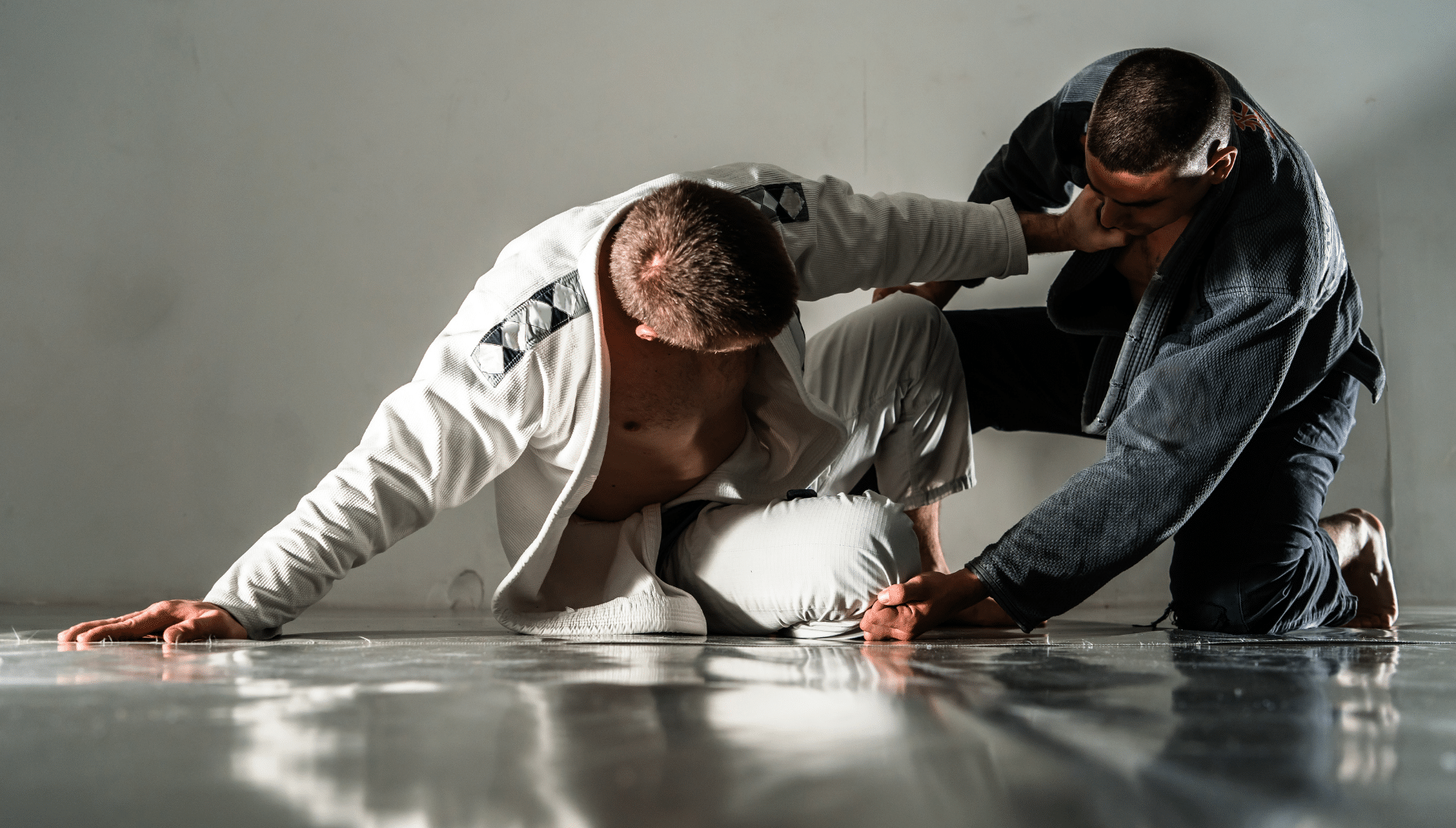

How Many Days a Week Should You Train BJJ Near Me?
Between work and school – not to mention all those TV shows you’re addicted to – it’s hard to find time for Brazilian Jiu-Jitsu. That doesn’t mean you can’t squeeze in a training session, however. Finding time and motivation for Jiu Jitsu is possible if you have a schedule. When it comes to getting the most out of your training, consistency and balance are two essential pieces of the puzzle. If you go too hard with too many sessions per week, it may negatively impact your performance.
On the other hand, if you skip too many sessions, your training base won’t be as solid as it could be. The right amount is likely different for everyone. However, by considering the following, you’ll be on your way to determining the exact number of days each week when training Jiu-Jitsu that’s right for you.
Determine Your Long-term Goals
The most critical factor in how many training days you should have per week is your long-term goal. This could be anything from winning a competition to just becoming proficient in self-defense. Once you know your goal, it will be easier to map out a plan that includes the formal sessions.
If you’re preparing for a competition, for example, you’ll likely need to increase the number of sessions you have each week. On the other hand, three sessions per week may be enough if you’re starting and don’t have any meaningful goals set yet.
No matter your goal, make sure you factor in rest days. Your body needs time to recover from the rigorous training, or you may not perform at your best.
Find a Balance Between Training and Rest Days
It’s also essential to find the right balance between training days and rest days. Too many rest days, and you’ll lose your momentum. However, too many training days in a row can lead to overtraining syndrome (OTS). This is a condition that may negatively impact your performance, cause fatigue, and even lead to injuries.
Finding the right balance usually depends on how frequently you’re able to train. If you can only train two or three days a week, you’ll likely need more rest days. If you can train four or five days a week, you may be able to get away with fewer rest days.
Train With a Purpose
When it comes to how many training days per week to have, don’t forget that each day should have a purpose. That purpose may be to learn a new technique, drill a move you know, or spar with a partner. Sparring is an integral part of training, but it’s not always the best idea to do it every day.
If you’re trying to improve your techniques, for example, you’ll need time to practice them outside of a sparring session. Otherwise, you’ll never get better. The same goes for drilling moves. They’ll never become second nature if you don’t train them regularly.
How to Space Out Your Training Days
Now that you know how many training days per week are ideal for your long-term goal, it’s time to map out a plan. This may take a little trial and error, but eventually, you’ll find the proper spacing for your training days.
One Day per Week
This may be the best option for training BJJ if you’re just starting out or don’t have any long-term goals set. You can use this day to focus on drilling techniques, learning new ones, and of course, sparring. Though ideally, this plan is sufficient for some, it won’t get you very far in competition or mastery.
Two Days per Week
This is likely the minimum number of days you’ll need for a good training regiment if you’re looking to compete. On these days, you should focus on drilling and sparring even more than usual. Adding one day of conditioning will round out your training regiment nicely.
Three Days per Week
This is a good number for those who want to compete and have some mastery of the sport. It would be best to focus on drilling, sparring, and conditioning equally on these days.
Four Days per Week
This is the ideal amount of days for those who want to be as proficient as possible in Brazilian Jiu Jitsu. You should drill, spar, and condition on all four days. This allows plenty of time to focus on each activity while still reserving a day for rest.
Five Days per Week
Though it’s possible to train this many days per week and see results, it’s not recommended for those with long-term goals. This level of training is more suited for those who want to be “elite.” If you’re looking to compete, this may be the number of days you need, but don’t forget that you’ll also need to focus on your rest days.
Six Days per Week
This is the maximum amount of days that should be trained in a week. Anything more, and you run the risk of overtraining, leading to decreased performance and even injuries. On these days, you should drill, spar, and condition as usual, but make sure to add an extra day of rest.
Everyday?
Though it’s possible to train every day, it’s not recommended for those with long-term goals. This level of training is more suited for those who want to be “elite.” If you’re looking to compete, this may be the number of days you need, but don’t forget that you’ll also need to focus on your rest days.
What To Do if You Miss Training?
If you miss a training day, don’t worry. You can make it up on another day by doing more of that activity than you would on a regular day. So, if you miss a day of drilling, for example, then on your next drill day, drill for twice as long as you would normally.
Make sure to listen to your body, though. If you feel like you need an extra day of rest, then take it. Overtraining can be just as damaging as not training at all.
Different Ways To Train on Off-days
Though you should always take at least one day off per week, you don’t have to spend that entire day just resting. You can use that time to do other activities such as conditioning or weightlifting to help your Brazilian Jiu-Jitsu.
Conditioning is a vital part of any martial artist’s training and can be done in many different ways. You can run, bike, swim, or do any other sport that gets your heart rate up. Just make sure you’re not doing anything too strenuous on your days off, or you’ll be too tired to train correctly on your regular days.
Conclusion
How often to train BJJ? It depends on your goals. If you are looking to compete, you will need to be training more often than if you want to get in shape and learn self-defense. However, it would be best to find the proper balance between training and rest days. Too many days in a row of exercise can lead to overtraining and injuries. Too few days in a week can lead to stagnation in your progress. Finding the right balance will help you stay healthy, achieve your goals, and enjoy your training experience. If you are unsure of how many days per week you should train, it is best to consult with an instructor near you.
If you’re interested in a consultation , try a free week with us at Granite Bay Jiu Jitsu.
Advertisements
gbjj
RELATED POSTS










